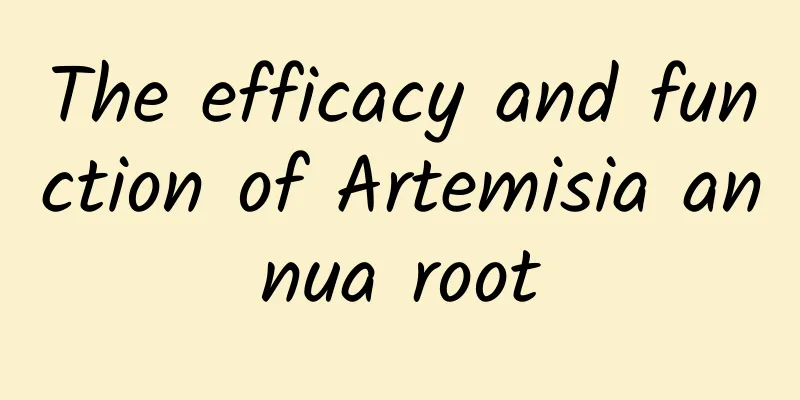What disease can be cured by boiling knotweed in water?

|
Everyone may have seen knotweed when they were young. This plant usually grows near puddles. Many people liked to pick some knotweed to play games when they were young. Some doctors would add some knotweed to the Chinese medicine when prescribing it to patients. As a traditional Chinese medicine, knotweed is generally used to treat bruises. So what diseases can be treated by boiling knotweed in water? Knotweed is the most common wild plant. I remember that when I was a child, I could find this plant wherever there was a puddle. This kind of plant is very interesting. The whole plant does not have a single leaf and is made up of sections. When we were kids, we were bored, so we would pull out the knotweed and destroy it one section at a time. It was all for fun. It needs to be explained that the herb is from the same genus as the Chinese medicinal herb Equisetum arvense, but is a different species. It is also called native horsetail, eyebrow-locking grass, pen holder, native ephedra, grass ephedra, and wood grass. It is the whole herb of the herb of the genus Equisetum of the family Equisetaceae. There are slight differences between Equisetum arvense and Equisetum arvense, which can be distinguished mainly by their origin and mature plants. The stems of the herb are used as medicine, and can act as a diuretic and clear away wind and heat. Pencilwort is a subspecies of knotweed. 1. To treat conjunctivitis: 50 cents each of pen holder grass, money grass, four-leaf clover, pearl grass, and coix seed. Decoction in water for oral administration. 2. To treat eye fog: decoct the herb in water, wash with it and take it internally. 3. To treat acute stranguria: 1 liang of knotweed and 0.5 liang of rock sugar. Add water and decoct. 4. To treat intestinal bleeding, leucorrhea, and injuries from falls: 2 qian of knotweed. Decoction in water. 6. To treat hematuria: 50 cents each of knotweed, sheep's hoof, and snakehead intestine, 1 liang of loblolly flower, and 4 liang of Imperata root. Decoction in water. 5. Treatment of pyelonephritis: 50 cents each of knotweed, a pack of needles, plantain, and horseshoe beetle, and 1 liang each of yellow ear grass and radix scutellariae. Decoction in water. 8. To treat bruises and fractures: After recovery, take a handful of fresh knotweed, mix it with brown sugar, mash it and apply it externally. 7. Urinary tract infection: decoct in water and drink. |
<<: Summer chrysanthemum can treat breast hyperplasia
>>: What grass can cure gynecological diseases
Recommend
What are the effects and functions of sand ginger
Many people may not have heard of sand ginger, bu...
Do you think that persuading people to drink is a minor matter? In fact, you may be breaking the law
Mixed Knowledge Specially designed to cure confus...
The efficacy and function of purple shellfish
Purple shellfish is a very familiar medicinal mat...
The efficacy and function of Qiongzhi
Traditional Chinese medicine often has unexpected...
Are the sacrificial codes of the Shang Dynasty hidden under the stadium?
Text and photos by Liu Wenke 1. Discovery of the ...
What are the functions and effects of collagen capsules?
I think except for female friends who often drink...
What are the effects and functions of Atractylodes macrocephala and Poria cocos
Everyone may be familiar with the two Chinese her...
Medicinal value of baking powder
Different uses of food create different flavors o...
What are the contraindications of Astragalus?
What are the contraindications of Astragalus? Ast...
Famous scene reappears! "I have left the cabin and feel good"!
According to the China Manned Space Engineering O...
What are the contraindications of Chinese medicine preparation?
Everyone knows that Chinese medicine has no side ...
The efficacy and function of Yarrow
Chinese medicinal materials are very effective in...
Why do we talk in our sleep? Is it dangerous to wake up a sleepwalker? The mystery of years has finally been solved
Calculated based on 24 hours a day and an average...
Those who know it treasure it, while those who disregard it treat it like a worn-out shoe: Let’s learn about the story of soybeans
In the "National Key Protected Wild Plant Li...
Can eating wolfberry help you lose weight?
Wolfberry is a traditional Chinese medicine, a no...









